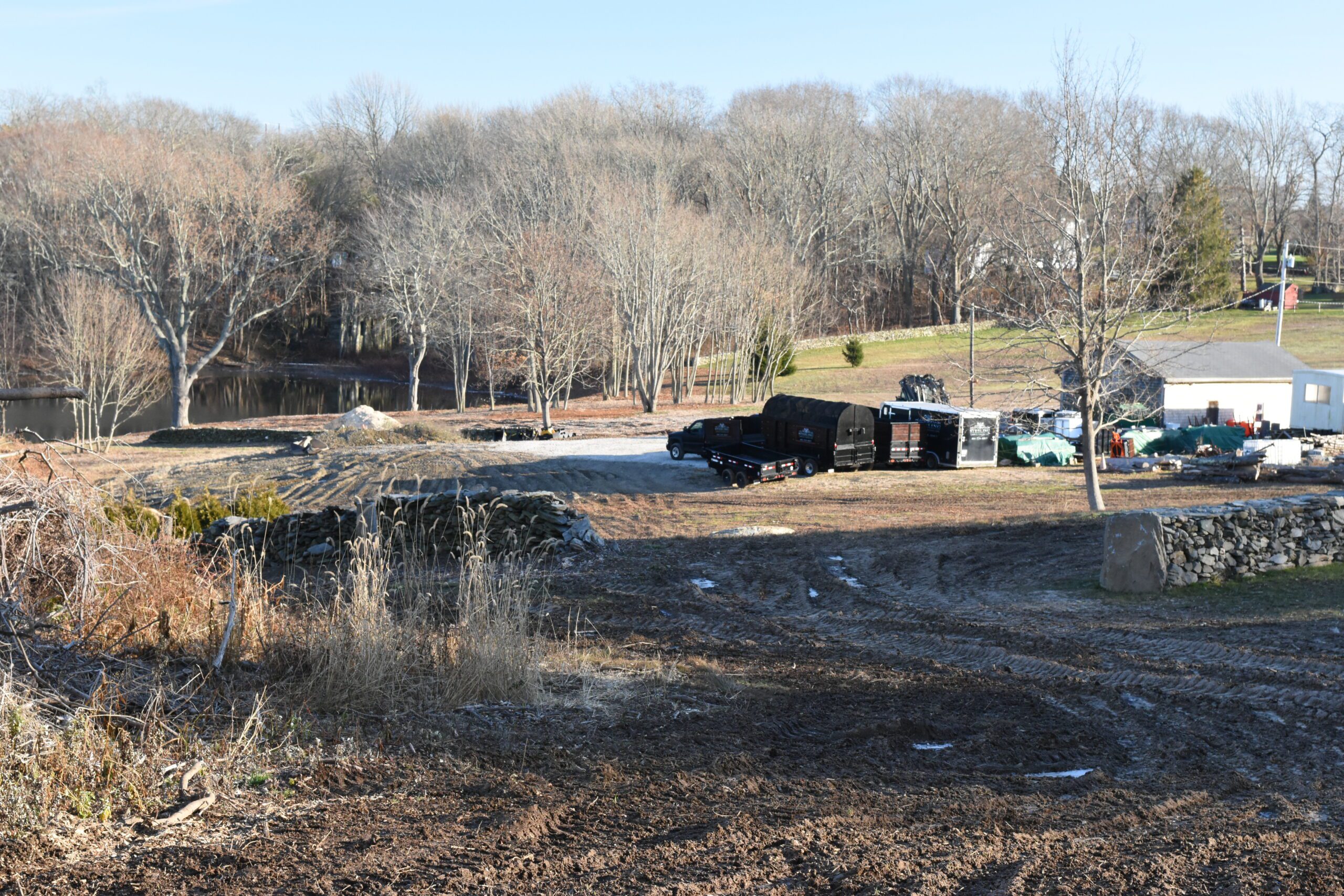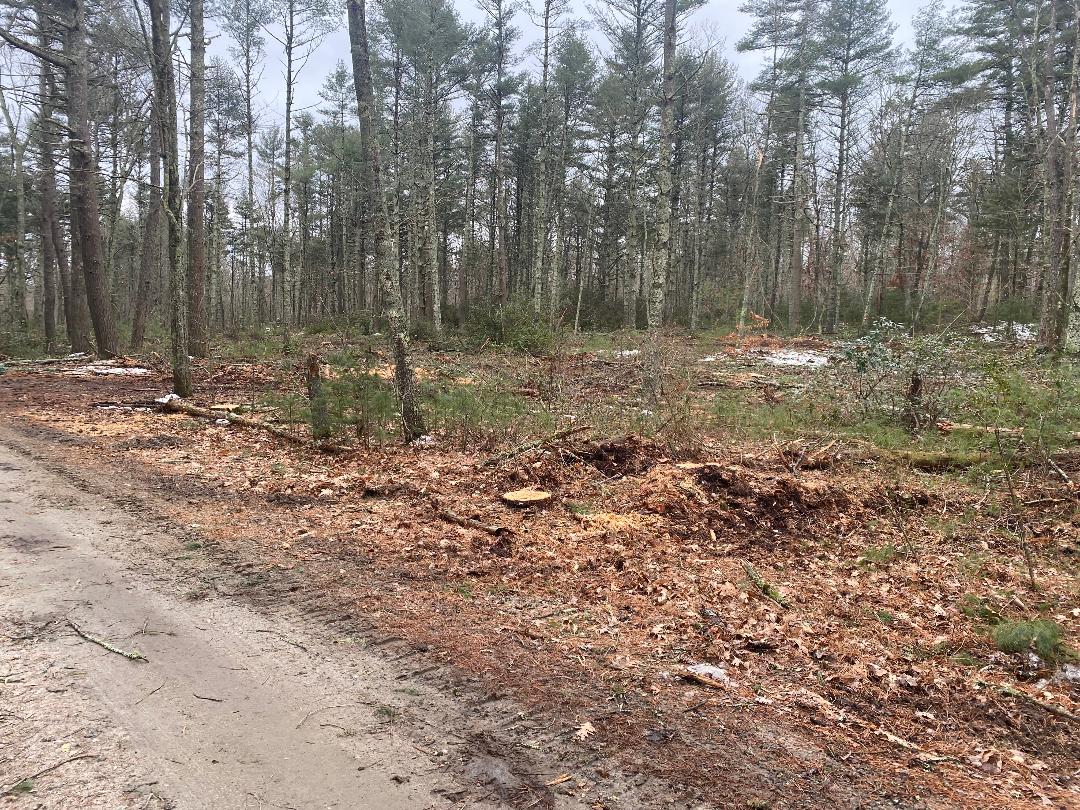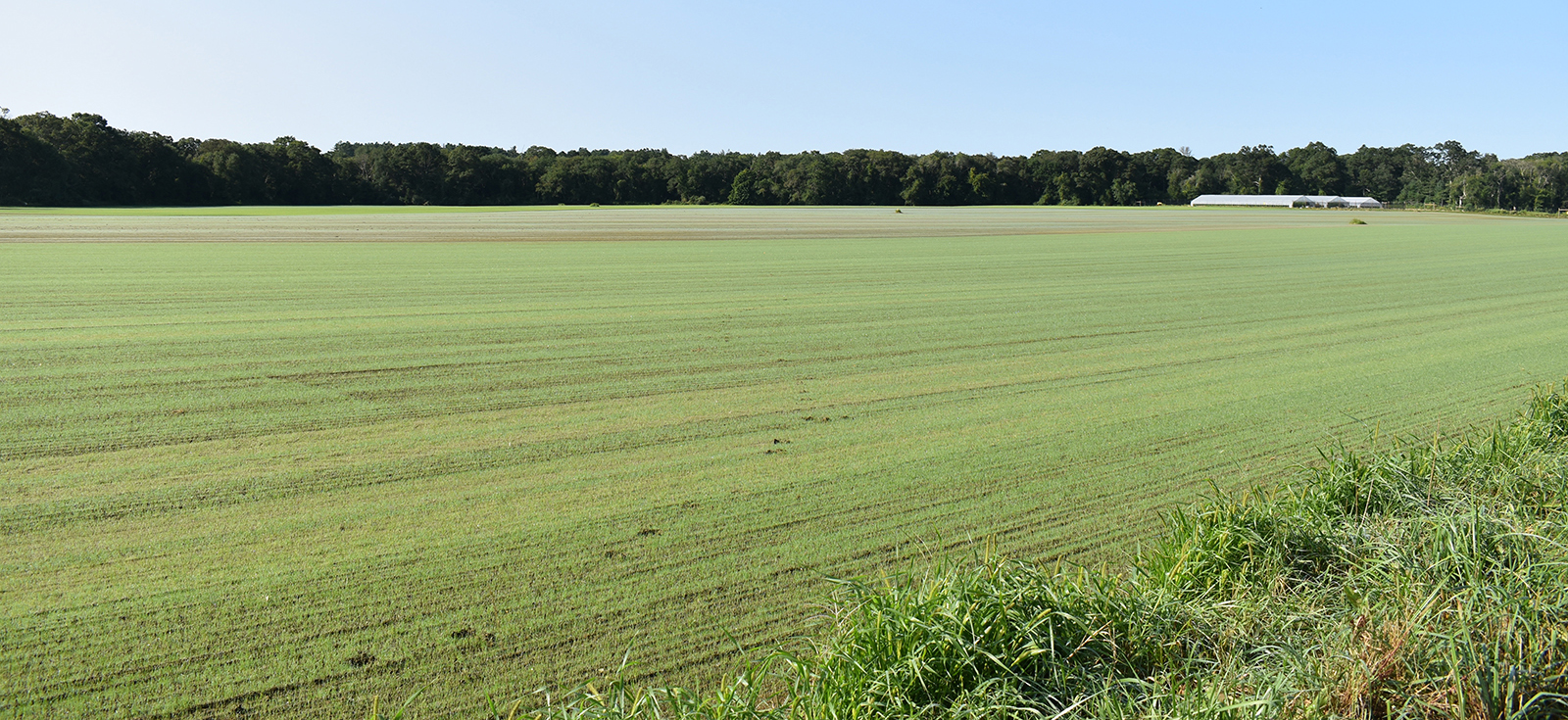Surge in Building Permits has Charlestown Officials Scrambling
August 13, 2021
CHARLESTOWN, R.I. — Asked how much his department’s workload has increased in recent years, the town’s building and zoning official, Joe Warner, laughed.
“It’s got to be tenfold,” he said. “Not just because of us being busier, but just all the additional regulations and things that have come into effect.”
The Planning Commission is also grappling with an increased workload. Commission chairwoman Ruth Platner has described development proposals in the past year as being at a “20-year high,” and in a July 5 blog post, she warned,
“We may reach a level of residential applications that will be impossible for the Planning Department and Planning Commission to review. Impossible or not, state law requires that we review and make decisions within a set number of days.”
Warner’s department has six employees, four full time and two part time. The last three years, he said, have been challenging.
“We’ve been slammed-busy with the construction side of it for the last three years, maybe even three and a half, and even when the pandemic came out, we didn’t slow down, but the nature of the jobs changed,” Warner said. “We went from a lot of bigger developments down to tons and tons of deck permits, basement finishes, swimming pools, a lot of homeowner permits for people who were trying to make their home place more livable because they were spending so much time at home.”
U.S. Census Bureau figures show that in 2019 Charlestown’s population was holding steady at 7,826. But the coastal town also has a large number of residences that are second homes owned by people from out of state. Last year there was an influx of those homeowners escaping urban areas and moving to their vacation homes full time, where they believed they would be better protected from COVID-19.
However, figures recorded by the town show a steady increase in building permits that began years before the pandemic. From January 2016 to December 2020, the number of permits issued rose from 1,257 to 1,674, an increase of 417. Most of the permits, 574 in 2020 alone, were for “residential alterations and additions.”
“We’ve been busy since 2018,” Warner said. “It was a jump of like 25 percent. The thing is, it’s not just plan reviews. So, if your increase in permits is by that amount, that’s an increase in all your phone calls, it’s an increase in all your inspections. It trickles right down the whole line, so you’ve got to figure, if the permits are up by 25 percent, you know, everything’s up 25 percent.”
Permit fees paid to the town increased sharply, from just over $251,000 in 2016 to more than $354,000 last year.
The Rhode Island Builders Association has also been noticing changes in the housing market. The organization’s chief executive officer, John Marcantonio, said a number of factors have contributed to an increase in people renovating their homes. Those include the pandemic lockdown, adult children moving back home and people working from home.
“All that behavior, with low interest rates and most folks who owned homes keeping their job, and they weren’t spending their extra money on anything else, they decided to put it into their homes … there was a massive increase in renovation/alteration to existing homes,” he said.
Development proposals, for both residential and commercial projects, have necessitated some prolonged Charlestown Planning Commission meetings. That has left the five volunteer commission members with little or no time to do much actual planning work, such as amending regulations to comply with the town’s comprehensive plan, which was recently updated and approved by the state.
“We’re having a lot of growth that’s sort of coming out of old regulations and old planning,” Platner said. “We have new planning in place, but we don’t have regulations that match it. … After a meeting that goes to midnight, you’re wiped out for the next couple of days. It takes too much out of you, so what we’re doing this month and next month, we’re having extra meetings.”
A quota limiting new construction expired in 2009, but Platner said she intended to explore ways to control development.
“We’ll ask again from our solicitors and Town Council support, to find ways to either pace development, which would be what a quota is, or just to explore what other tools there are, and I honestly don’t know what that might be,” she said.
Former Town Council president Virginia Lee said more pressure is also being placed on the town’s open spaces. She noted protecting groundwater and preserving open space is a necessity, because everyone relies on private wells.
“This town, more than most, relies on the quality of the environment, not only for the tourism dollars, but for the health of the water,” she said.
Among those waters being stressed are the town’s popular salt ponds. The salt pond region of southern Rhode Island extends from Maschaug Pond in Westerly to Point Judith Pond in Narragansett and Charlestown falls in the middle. This watershed is so built up that vital ecosystems are under enormous pressure, most notably from failing and substandard septic systems and stormwater runoff containing fertilizers, herbicides, insecticides, oil and grease.
Not everyone, however, is concerned about the pace of development proposals. Town Council President Deborah Carney agreed that there has been an increase in the number of residential renovation permits, but she does not see a need to curtail development.
“The number of permits issued for residential alterations and additions appears to be up which is likely attributed to people spending more time at home over the past year due to the pandemic,” she wrote in an email response. “I don’t see the need to reinstate a quota on new development. The quotas were put in place to deal with the potential impact to the schools. Charlestown’s enrollment in the Chariho Regional School District has steadily declined over the past several years and there is no indication that trend will change.”
The monetary contributions of Charlestown, Richmond and Hopkinton to the Chariho Regional School District are based on school enrollment statistics.
Carney also noted there had not been an increase in commercial applications.
“The Town also has two pending proposals for storage facilities, neither of which will have an impact on the schools,” she wrote. “I have not noticed an increase in commercial development applications. In the past several months only two new commercial permits were issued. Unfortunately, over the past several years, Charlestown has developed a reputation for being unfriendly towards business.”
Rhode Island’s hot housing market is expected to continue in the short term, according to Marcantonio, who predicted demand for housing would remain high and affordable housing stocks would remain low.
“Couple that with the shortage you already had, now you’re starting to see the housing issue being looked at as more of a crisis,” he said. “What may be occurring in Charlestown, and I don’t have specific data there, it has a large beachfront community, a lot of folks having that as their second homes. I know there’s been a lot of outside the state influx from New York and other areas coming into Rhode Island and building larger, substantial homes on the waterfront or renovating their old existing homes on the waterfront. So that’s the boom that’s happening in Charlestown and I would assume it’s mostly high end. … It’s not the workforce housing boom in development. It’s not the middle-class housing and it’s certainly not the affordable.”




Development does not only affect school enrollment but traffic, environmental issues and the time and money the towns need to spend in keeping up with it. For volunteers such as Planning Commission members it becomes more like a full time unpaid job. It is incremental and changes the nature of the areas we live in. Most people do not see the amount of time spent in preparation for meetings that sometimes go on to midnight. Regulations introduced by for example, the legislature, make it harder to protect the environment and for the powers that be to do due diligence whether planner, planning commission, or building inspector or any other that get involved, including the public. Slowing applications would give time to consider fully the ramifications for towns.
Charlestown depends upon private wells and septic systems – they don’t interface well.
They have the same problems as many towns on Cape Cod. Maybe do an article on how towns there are dealing with these issues?